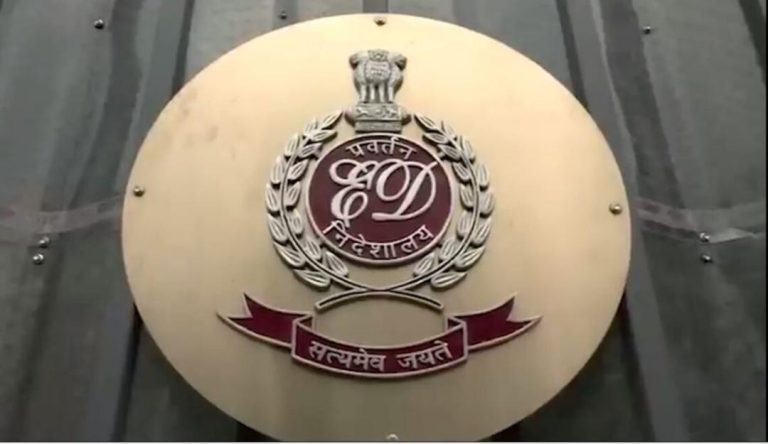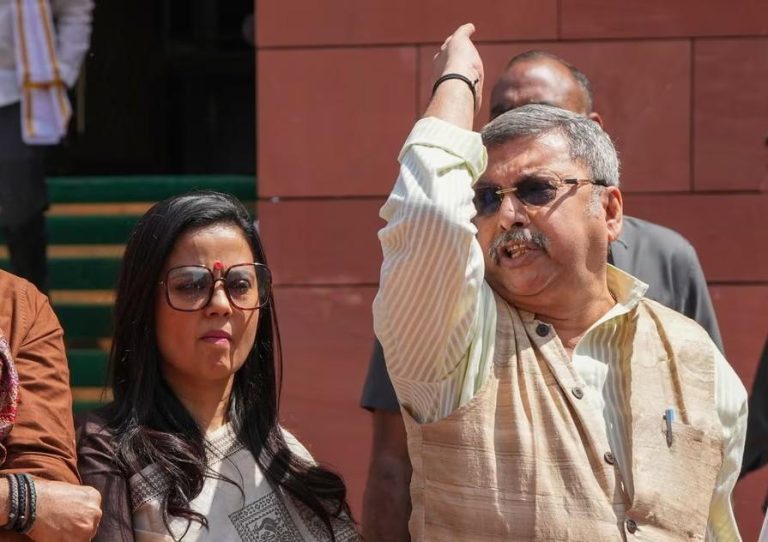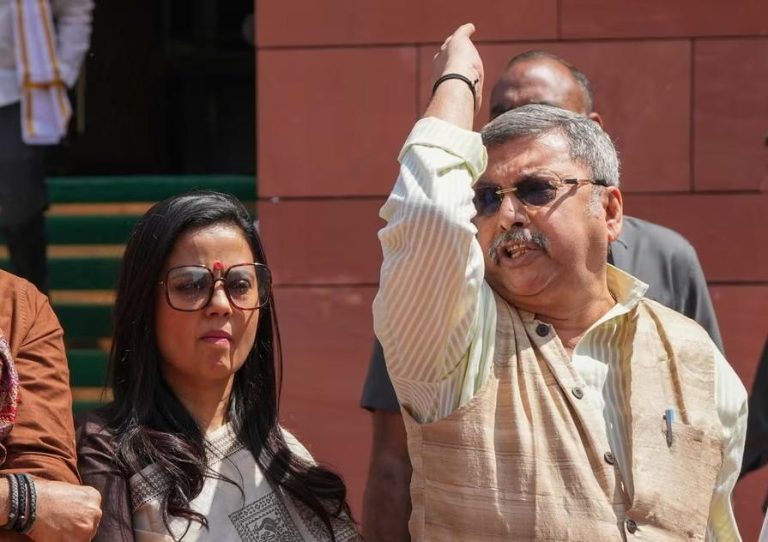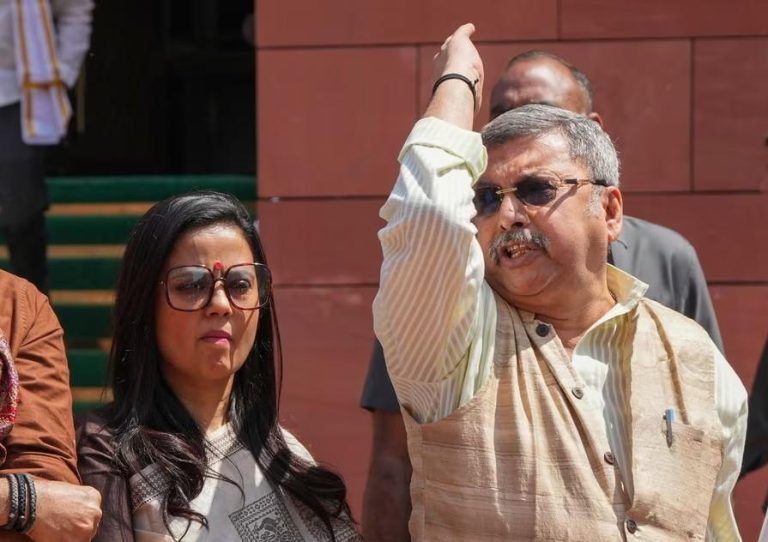
Indian National Jailed for 4 Years in Sri Lanka for Match-Fixing
In a shocking turn of events, an Indian national, Yogi Patel, has been sentenced to four years in prison for match-fixing in Sri Lanka’s 2024 Legends League T20 tournament. The news has sent shockwaves across the cricketing fraternity, highlighting the serious nature of the offense and the severity of the punishment.
According to a report, Patel was found guilty of proposing to fix matches and was fined a staggering SLR 85 million (approximately INR 42.5 crore). Furthermore, he was also ordered to pay SLR 2 million (approximately INR 10 lakh) to Upul Tharanga, the chairman of Sri Lanka selectors, for defamation.
The incident occurred during the 2024 Legends League T20 tournament, which was played in Sri Lanka. Patel, an Indian national, was accused of making a proposal to fix matches in exchange for a significant amount of money. The Sri Lankan cricket authorities took immediate action and launched an investigation into the matter.
After a thorough probe, Patel was arrested and charged with match-fixing. The case was heard in a Sri Lankan court, where Patel was found guilty of the offense. The judge, in his verdict, sentenced Patel to four years in prison, citing the seriousness of the offense and the need to send a strong message to those who engage in corrupt practices.
The Sri Lankan cricket authorities have welcomed the verdict, saying it sends a strong message to would-be match-fixers. “We are pleased with the outcome of the case,” said a spokesperson for the Sri Lankan cricket board. “Match-fixing is a serious offense that can undermine the integrity of the game. We will continue to work tirelessly to ensure that our game remains clean and corruption-free.”
The Indian cricket authorities have also condemned the incident, saying it is a blot on the sport. “We strongly condemn the act of match-fixing and appreciate the efforts of the Sri Lankan authorities in bringing the offender to justice,” said a spokesperson for the Board of Control for Cricket in India (BCCI).
Match-fixing is a serious issue in international cricket, and it is essential that the authorities take swift and decisive action against those who engage in this corrupt practice. The Sri Lankan authorities have set a strong example by sentencing Patel to four years in prison, and we hope that this will serve as a deterrent to others who may be tempted to engage in similar activities.
It is worth noting that match-fixing is not limited to cricket alone. It is a problem that affects various sports and disciplines, and it requires a concerted effort from the authorities, players, and fans to eradicate it. The Sri Lankan authorities have taken a significant step in the right direction, and we hope that other countries will follow suit.
In conclusion, the sentencing of Yogi Patel to four years in prison for match-fixing is a welcome development in the cricketing world. It sends a strong message to would-be match-fixers that such behavior will not be tolerated, and it is essential that the authorities continue to work tirelessly to ensure that our game remains clean and corruption-free.






